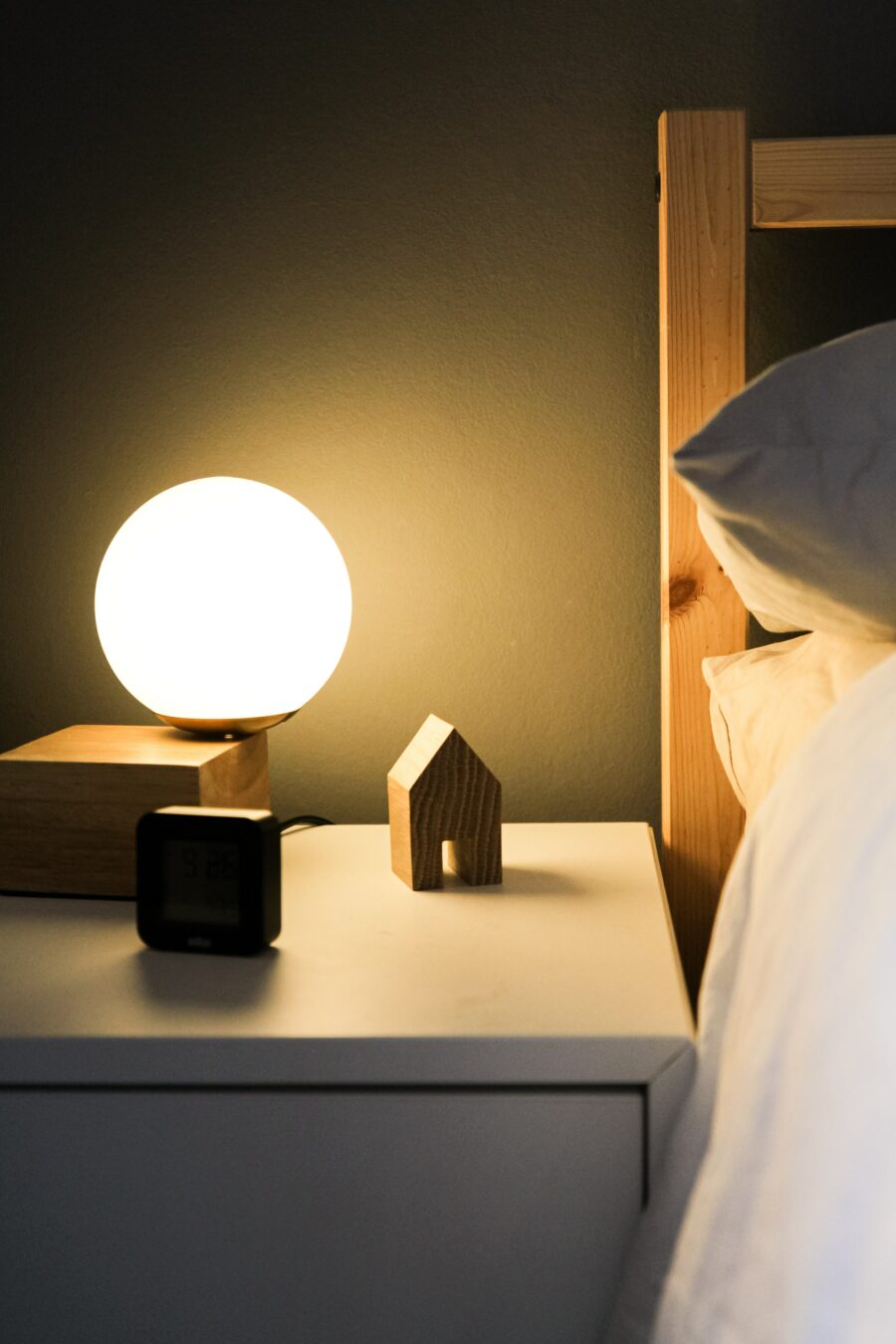Mediterranean Lifestyle Challenge 2023 – Day 1

Welcome to Day 1!
Today we will start with an activity (or should we call it a non-activity?) of something many of us give the least priority, and that is rest. Today you will prioritize your sleep.
We know that sleeping and napping is a common habit in the Mediterranean. It is highly valued and part of the daily routine. Without adequate rest we cannot do all the other things and activities that contribute to our happiness and health. Without enough sleep we won’t have the energy to be active and exercise. Lack of sleep can also make us eat more since it influences certain hunger hormones. Lack of sleep is linked to depression which in turn will cause a reduction in motivation. So, as you can see, sleep is the basis for a healthy lifestyle.
Today’s society, especially in the west tells us that sleep is not very important and that you should be active most of the day, be as efficient as possible. There was a saying and even a coffee commercial telling us “Wake up, you can sleep when you are dead”. Well, I have news, if you don’t sleep enough, you may be dead earlier than you expected.
Research shows that people who live long lives, generally have had adequate sleep (7-8 hours consistently) throughout their lives. Let’s see how sleep affects our body:
• Adequate sleep helps us maintain our immune function; lack of sleep can increase inflammation.
• Good sleep plays a positive role in heart health and is associated with normal blood pressure levels.
• Good sleep patterns protect our brain. Research has shown that people who reported having poor sleep quality had more biological markers for Alzheimer’s disease.
• Lack of sleep is associated with depression, diabetes, obesity, and heart disease.
Do you get enough sleep?
Sleep needs change slightly depending on your age, but generally an adult needs at least 7 hours of sleep a day.
18–60 years: 7 or more hours per night
61–64 years: 7–9 hours
65 years and older: 7–8 hours
Do you have a sleep disorder?
Do this quick assessment found here on Division of Sleep Medicine of the Harvard Medical School Website
https://healthysleep.med.harvard.edu/healthy/getting/treatment/sleep-disorders-screening-survey
If it appears that you may have a sleep disorder, make an appointment with your doctor to discuss further tests.
What about Naps?
I’ve talked about naps and quiet time in the past. Research has shown us that people who live over 90 have napping in common. In Greece, Italy, and Spain there is a time in the day that is designated as quiet time, usually between 2 -5 pm. During this time people eat and then take a nap. Research shows that relaxing and naps, can contribute to our health, they are associated with lower blood pressure, less stress and better memory. They also offer a refreshing break and provide energy to continue the rest of the day. Think of it as a reset in the middle of the day.
Challenge #1
Improve your quality of sleep today:
- Schedule: Set specific times to sleep and wake up. Routines provide better sleep patterns. Make sure your schedule accommodates at least 7 hours of sleep a day.
- Exercise: Activity helps us exert ourselves and makes it easier to fall asleep.
- Stay away from phones and computers: Leave technology out of your bed. Read a book instead.
- Cool and Dark: Keep the room somewhat cool (about 65 F or 18 C) and dark.
- Do not eat large meals or alcohol before sleeping.
- Invest in a good mattress and pillows
- Don’t drink too much water before you go to bed: Try and drink most of your water earlier in the day, drinking before going to bed may result waking up in the middle of night and disrupting your sleep.
** If your sleep quality is good, go to the next level and add some quiet time to your day Mediterranean style. Read below for more:
Live Longer with the Greek Lifestyle: Take Naps
Did you miss the Introduction?
Catch up below.
Introduction to the Mediterranean Lifestyle Challenge 2023
REFERENCES
Taheri S, Lin L, Austin D, Young T, Mignot E. Short sleep duration is associated with reduced leptin, elevated ghrelin, and increased body mass index. PLoS Med. 2004; 1:e62.
Stickgold R., Neuroscience: A memory boost while you sleep. Nature 444, 559–560 (2006).
Mazzotti DR, Guindalini C, Moraes WA, Andersen ML, Cendoroglo MS, Ramos LR, Tufik S. Human longevity is associated with regular sleep patterns, maintenance of slow wave sleep, and favorable lipid profile. Front Aging Neurosci. 2014 Jun 24;6:134.
Watson NF, Badr MS, Belenky G, et al. Recommended amount of sleep for a healthy adult: a joint consensus statement of the American Academy of Sleep Medicine and Sleep Research Society. Sleep. 2015;38(6):843–844.
Kate E. Sprecher, Rebecca L. Koscik, et al. Poor sleep is associated with CSF biomarkers of amyloid pathology in cognitively normal adults. Neurology Aug 2017, 89 (5) 445-453;

If you can’t get seven hours of sleep at night due to a chronic condition, can napping make up the deficit? Or is it seven hours a day of sleep on top of naps to get enough rest to be healthy?
Do y’all all take a nap over there in the Mediterranean or just certain age groups? I read before that naps longer than 30 minutes effects good quality sleep.